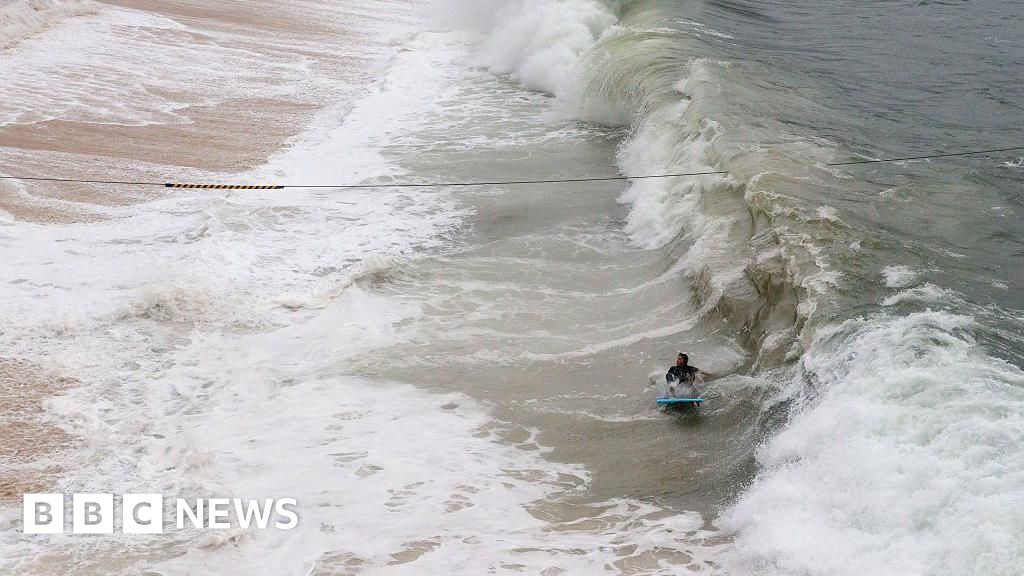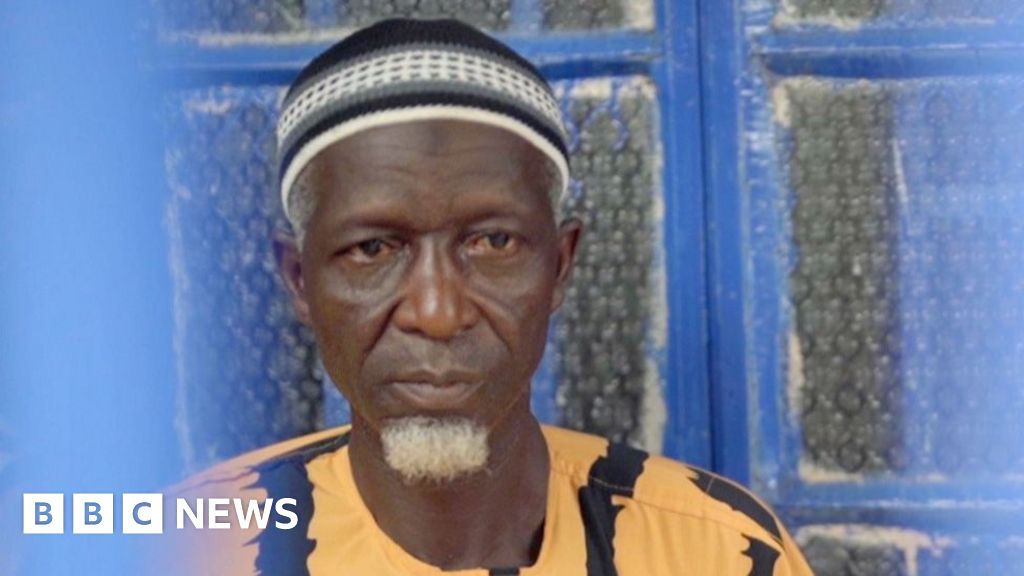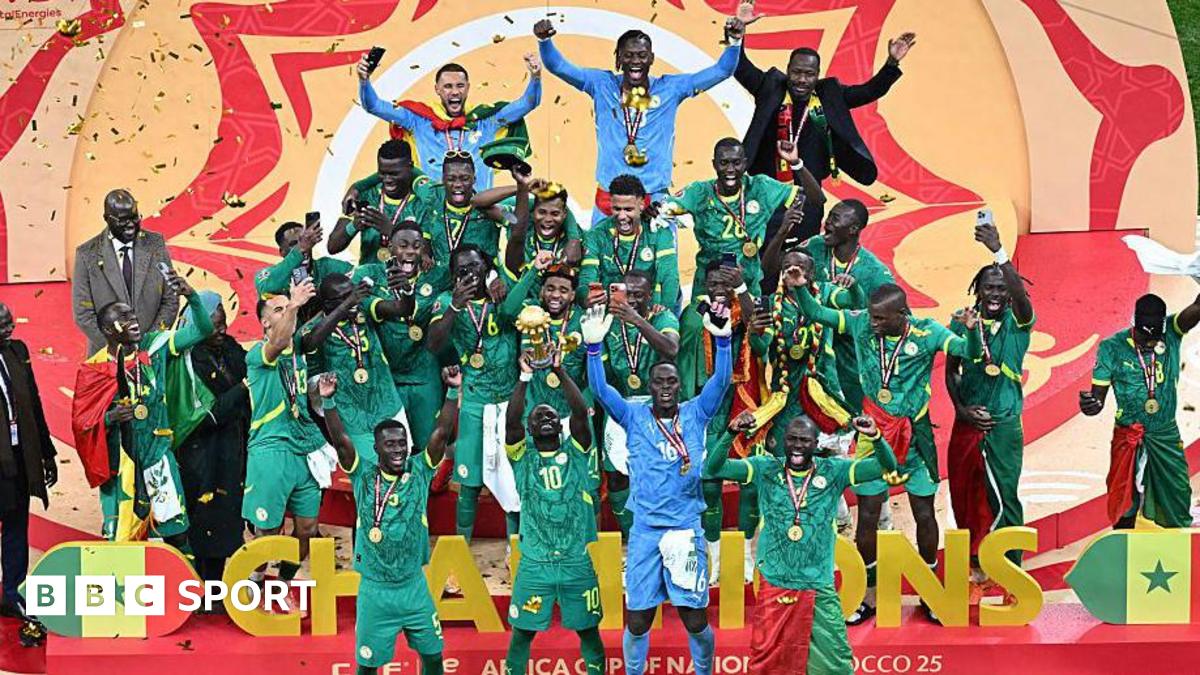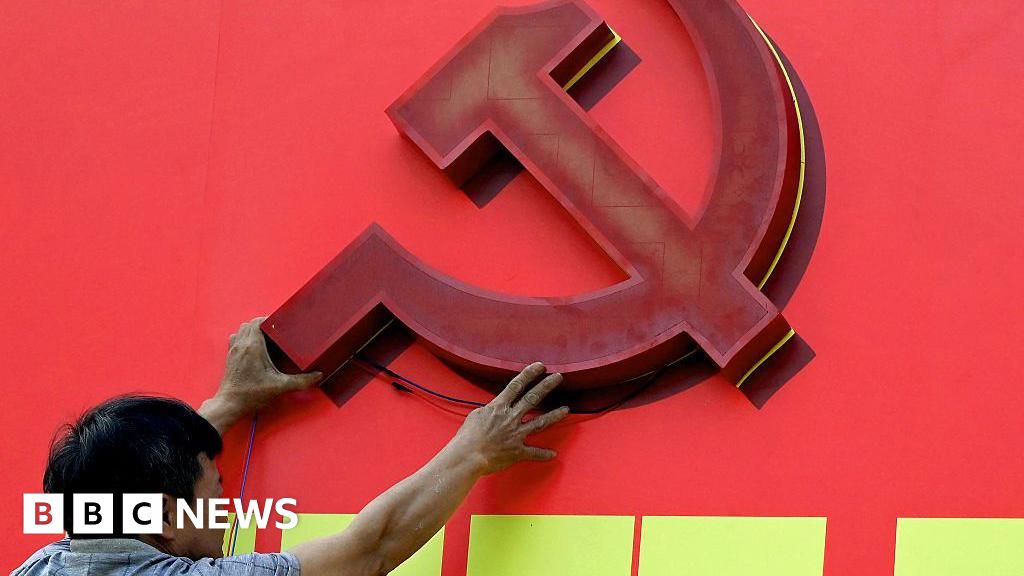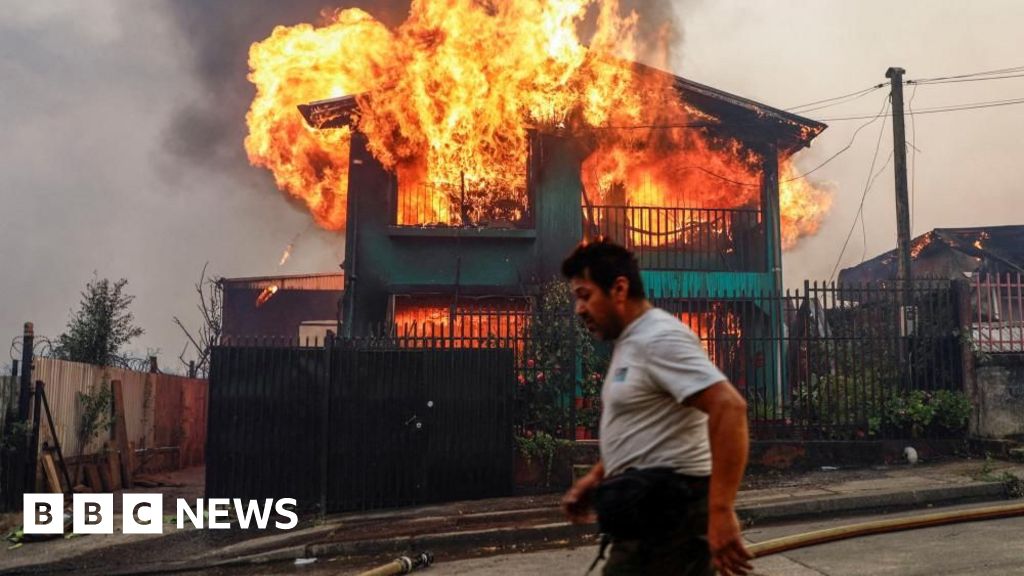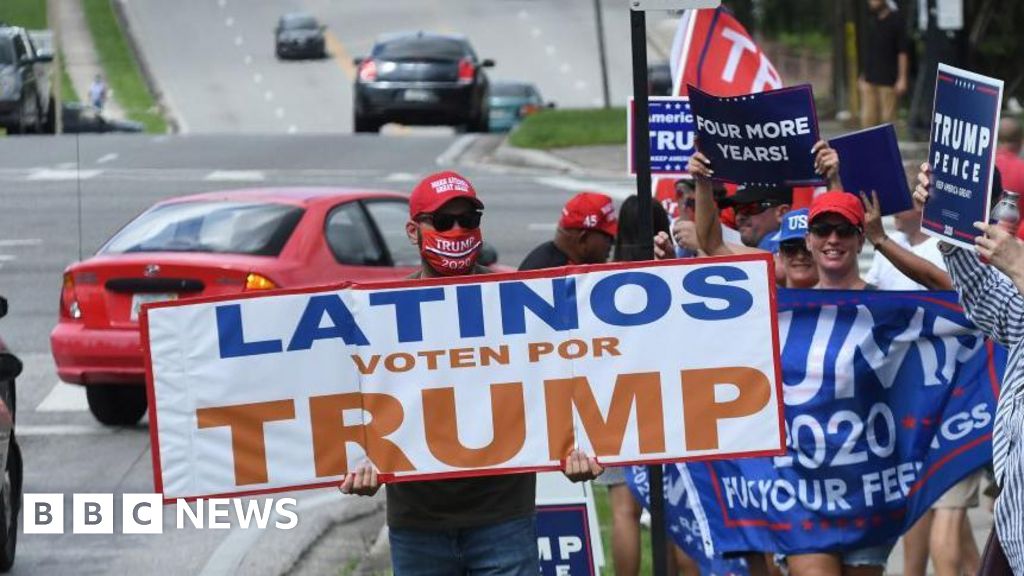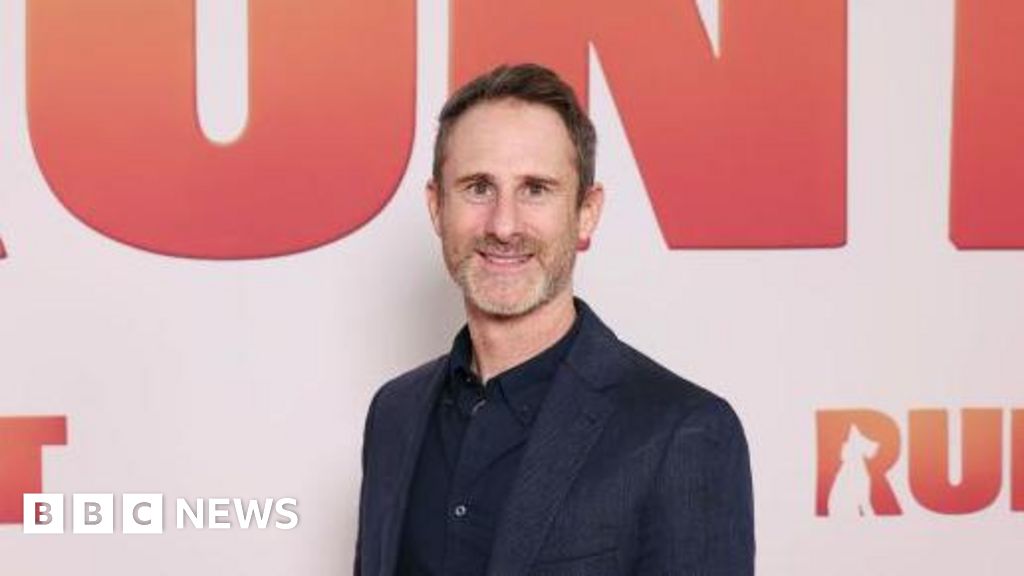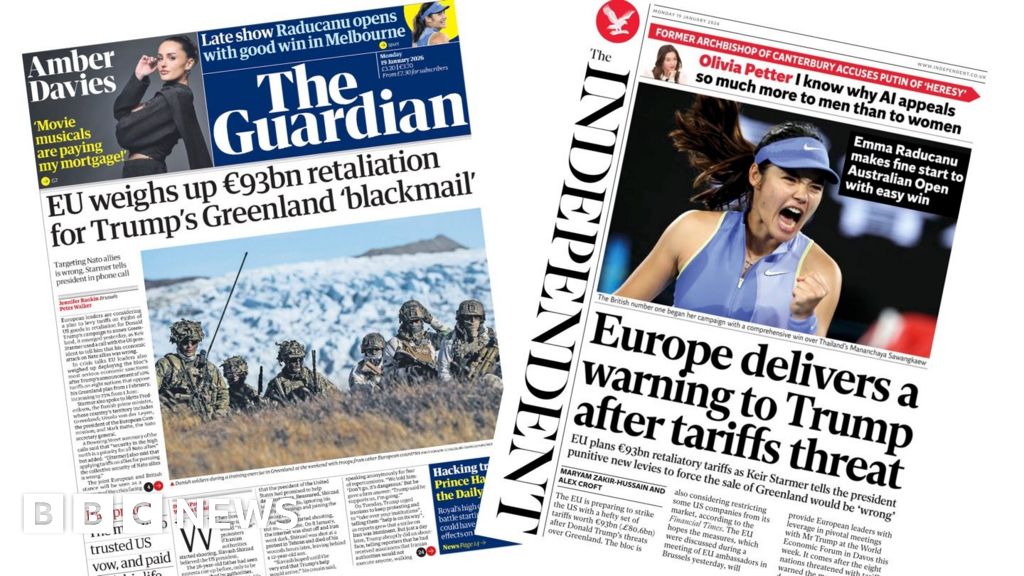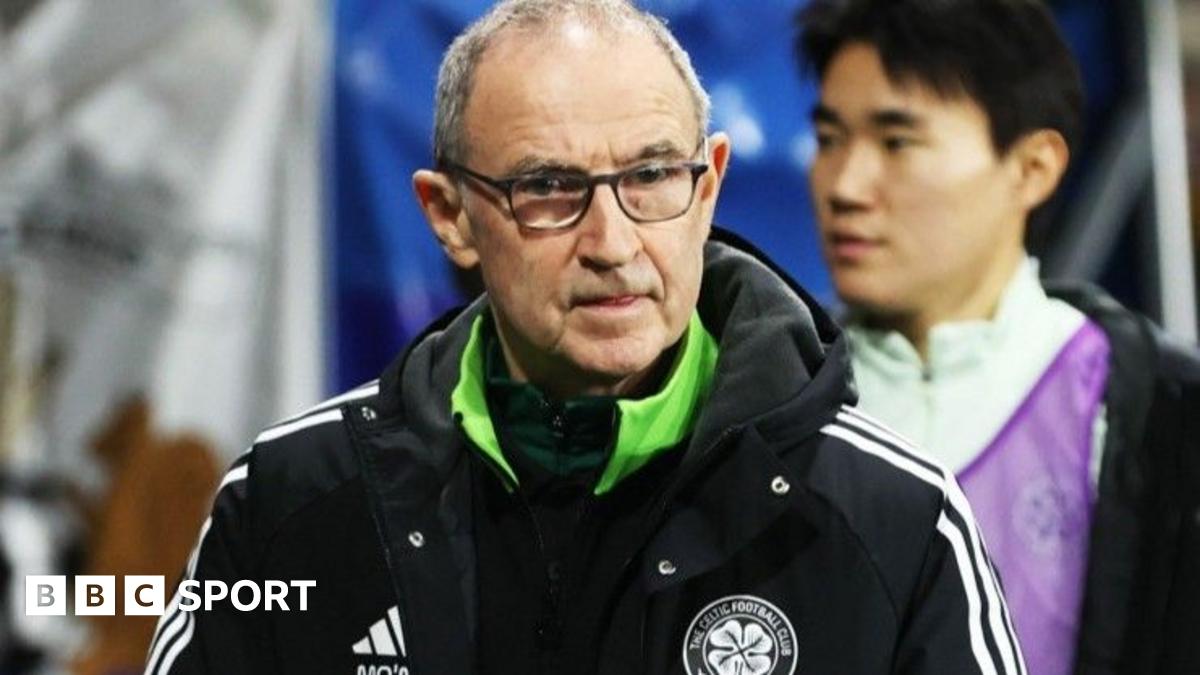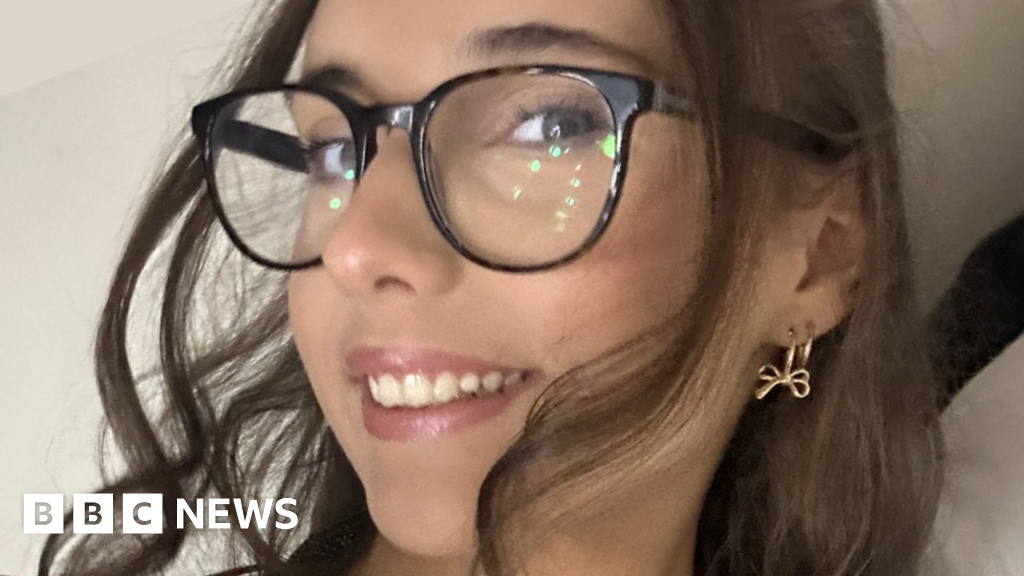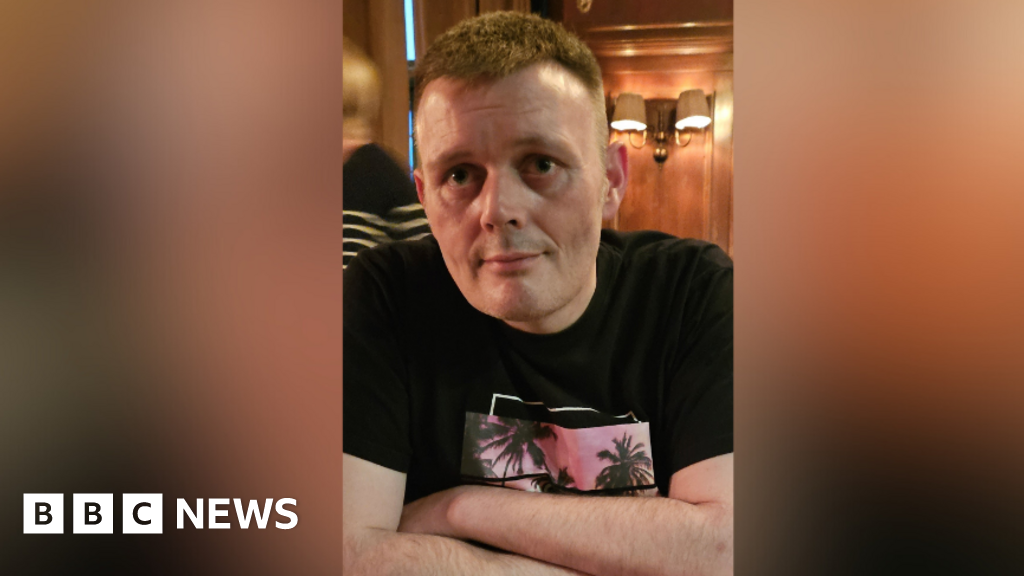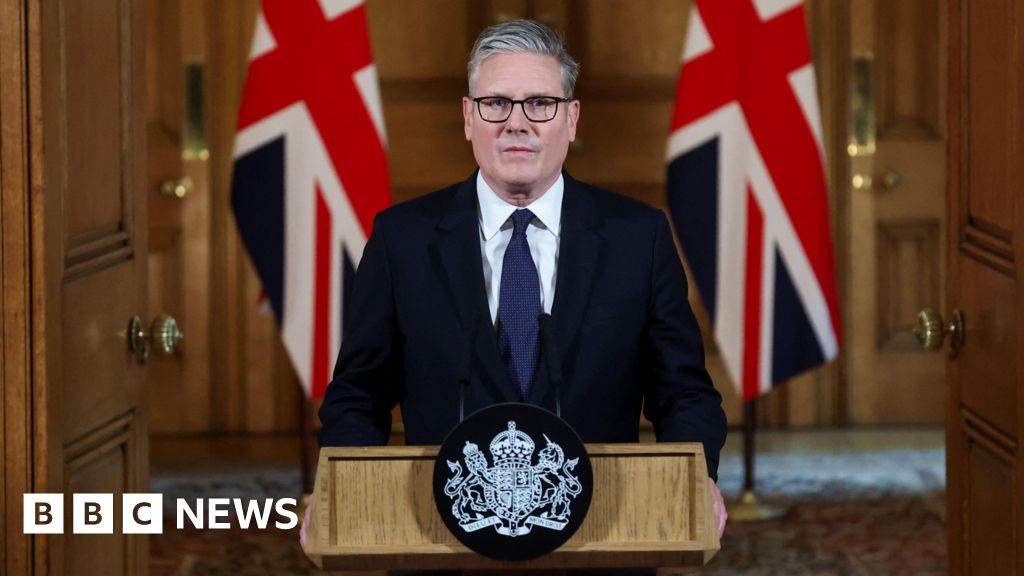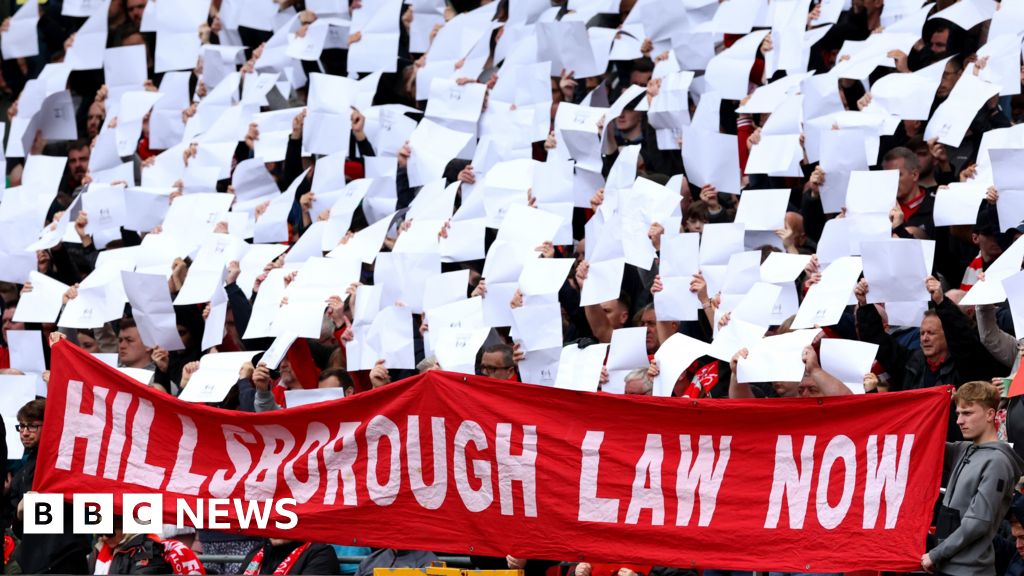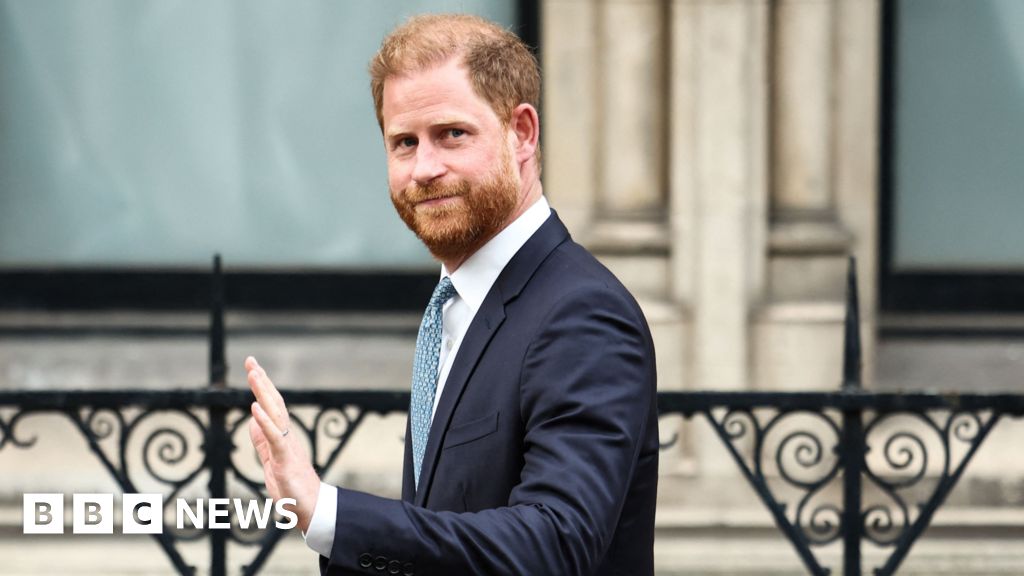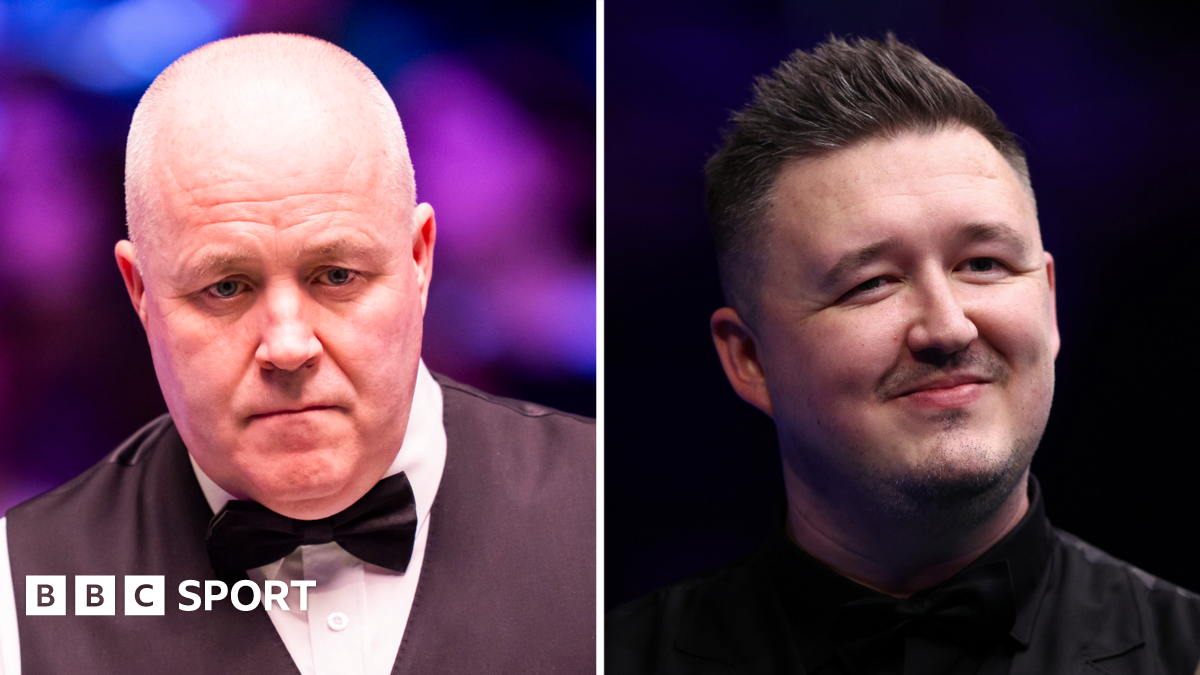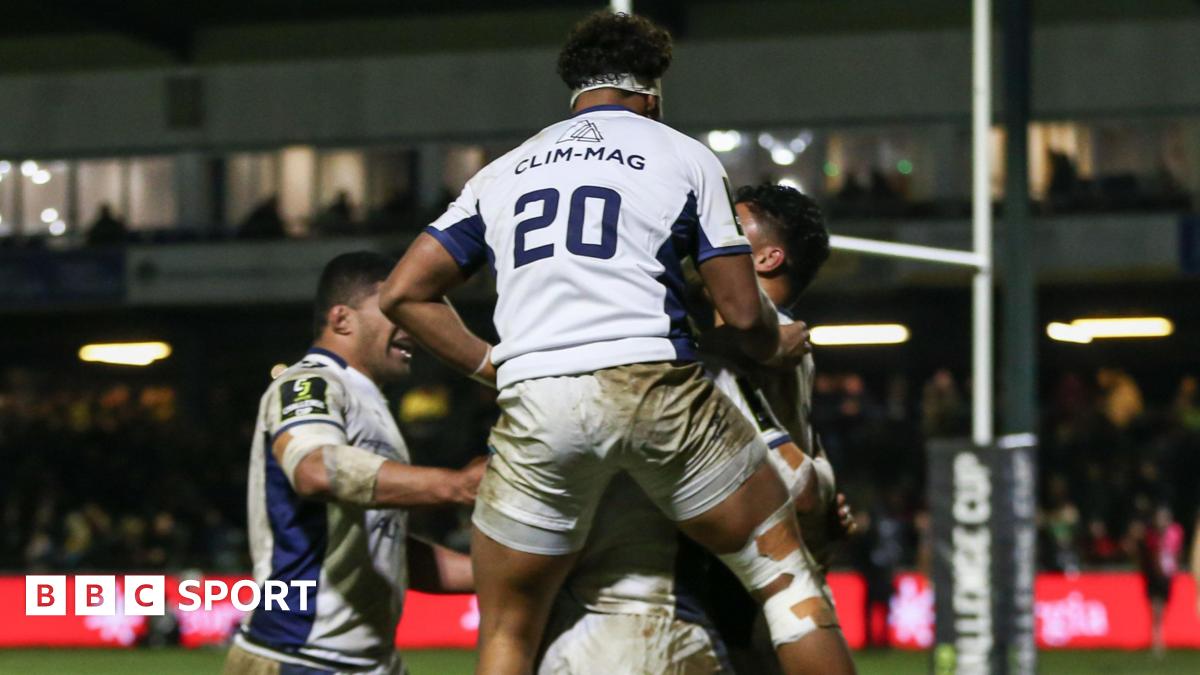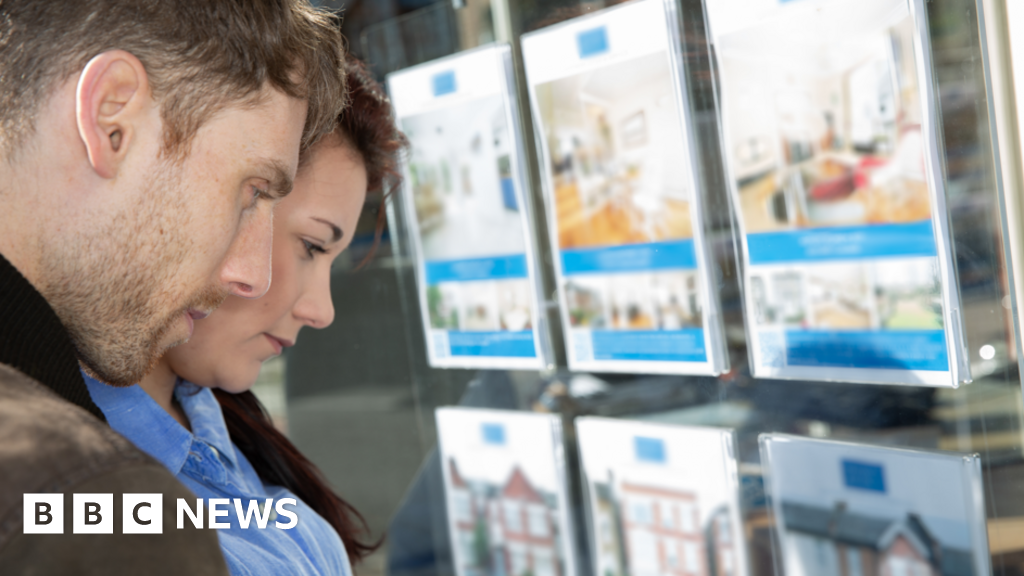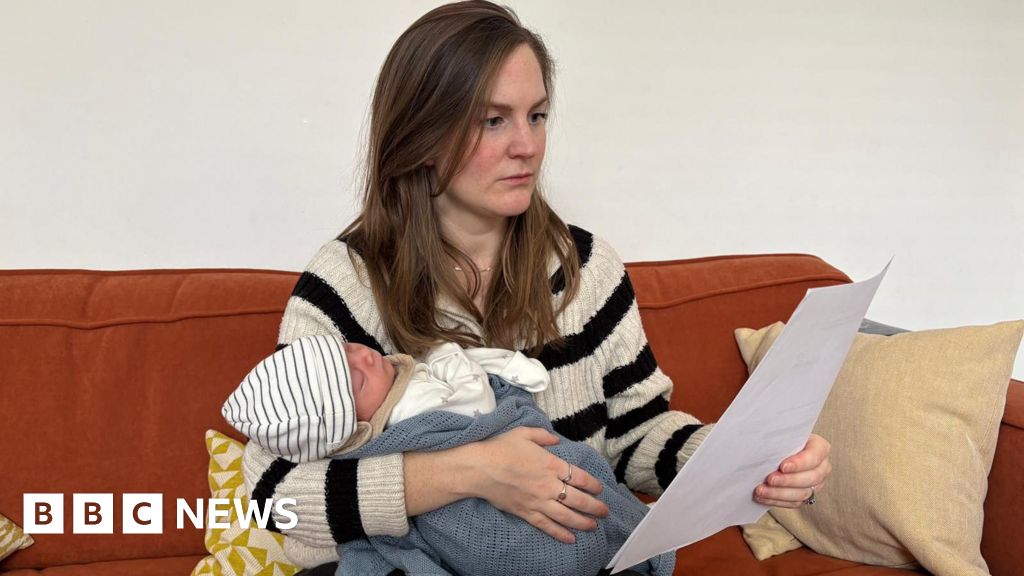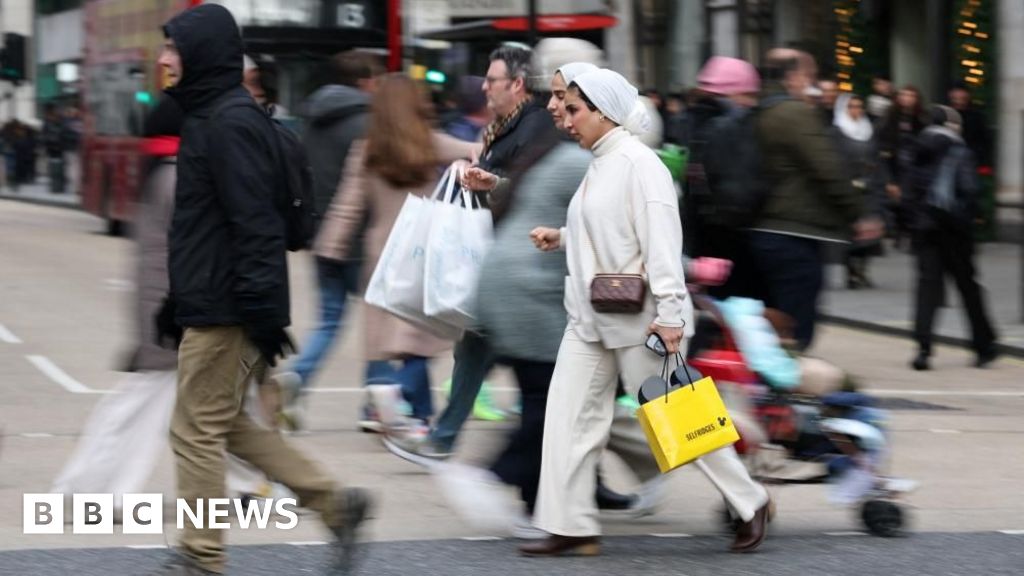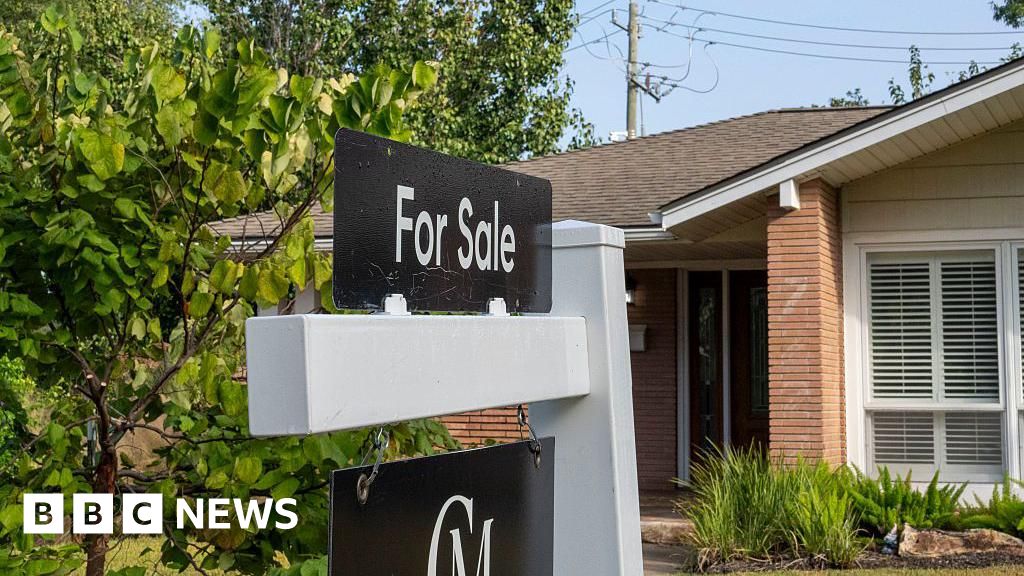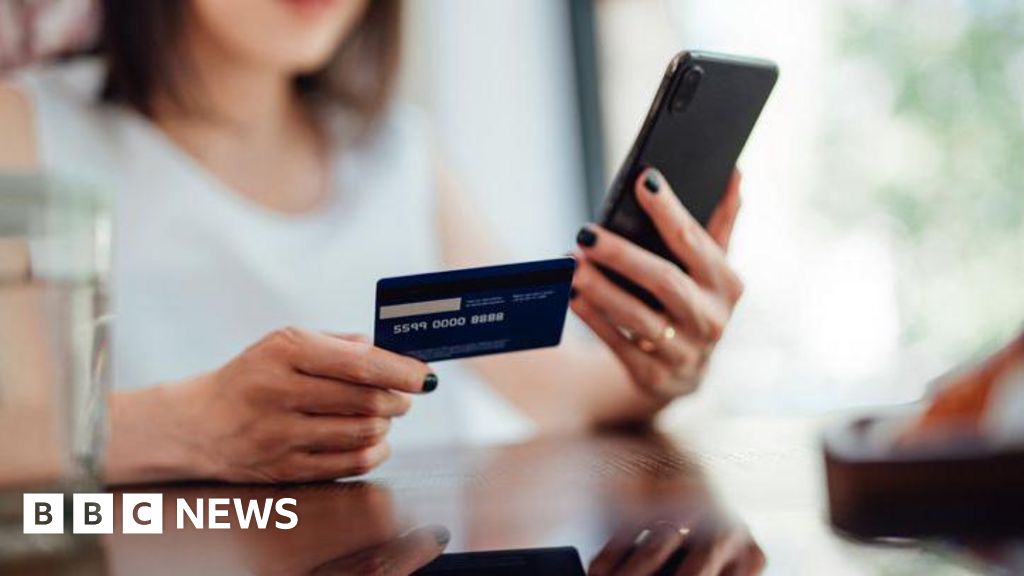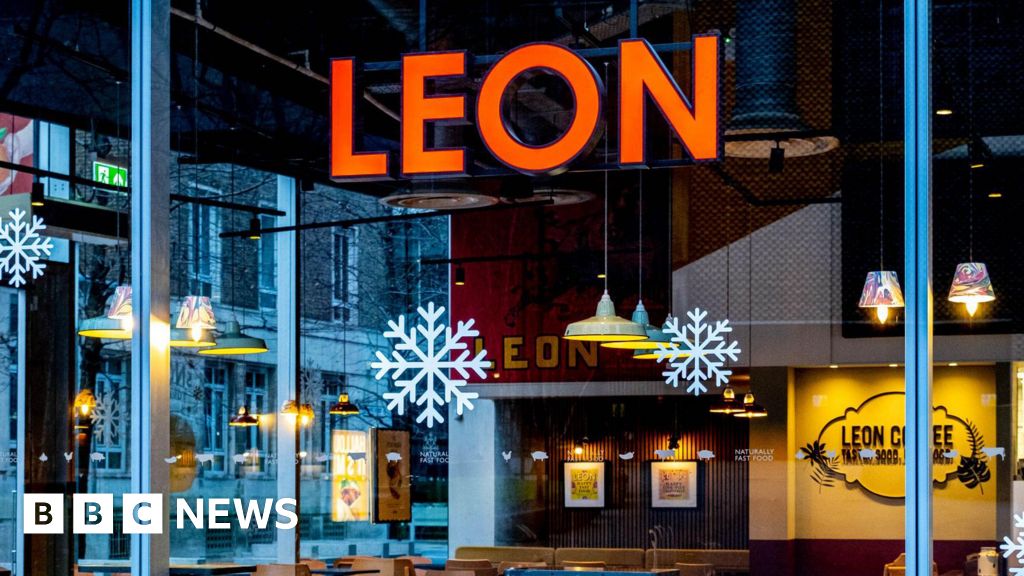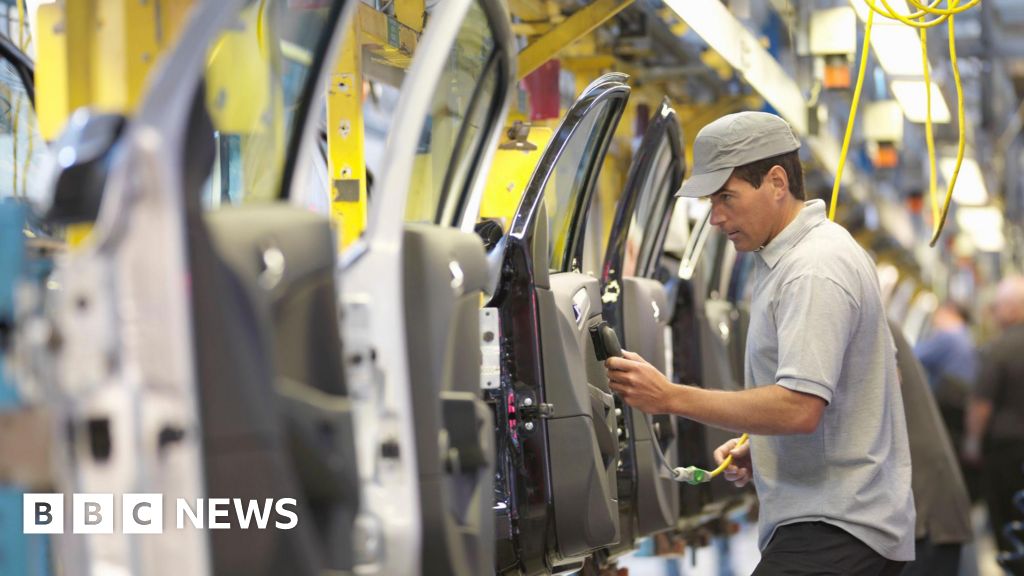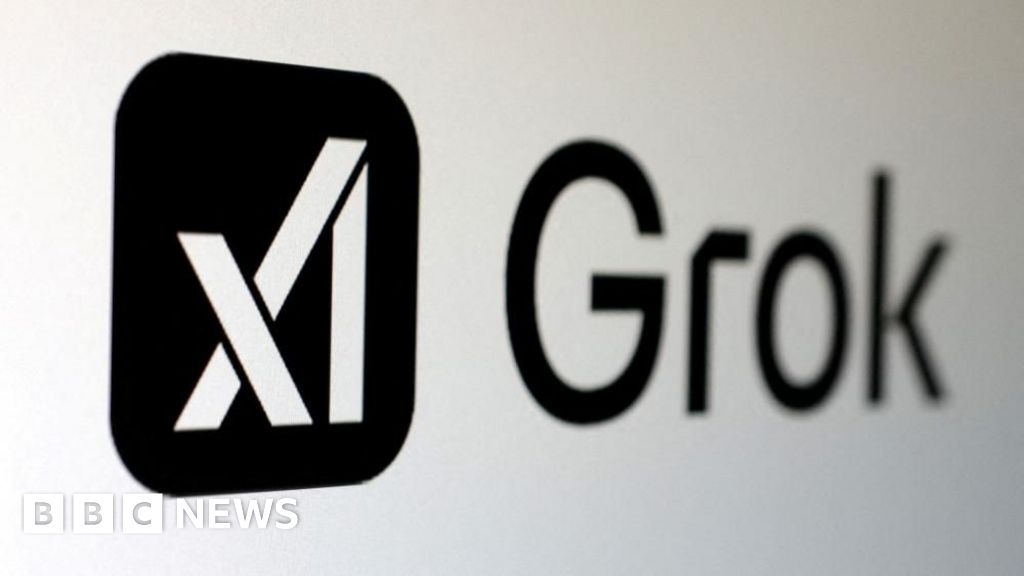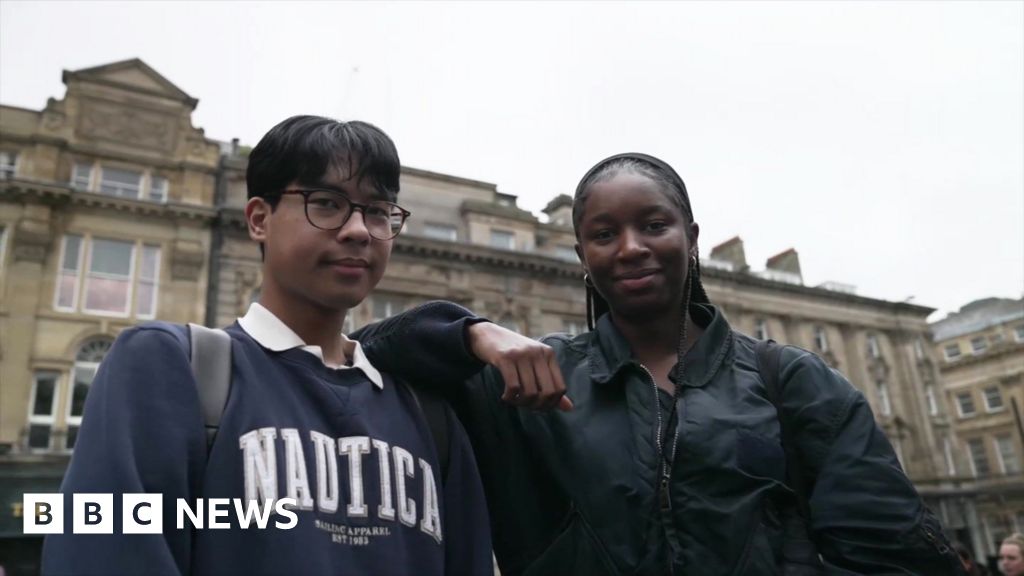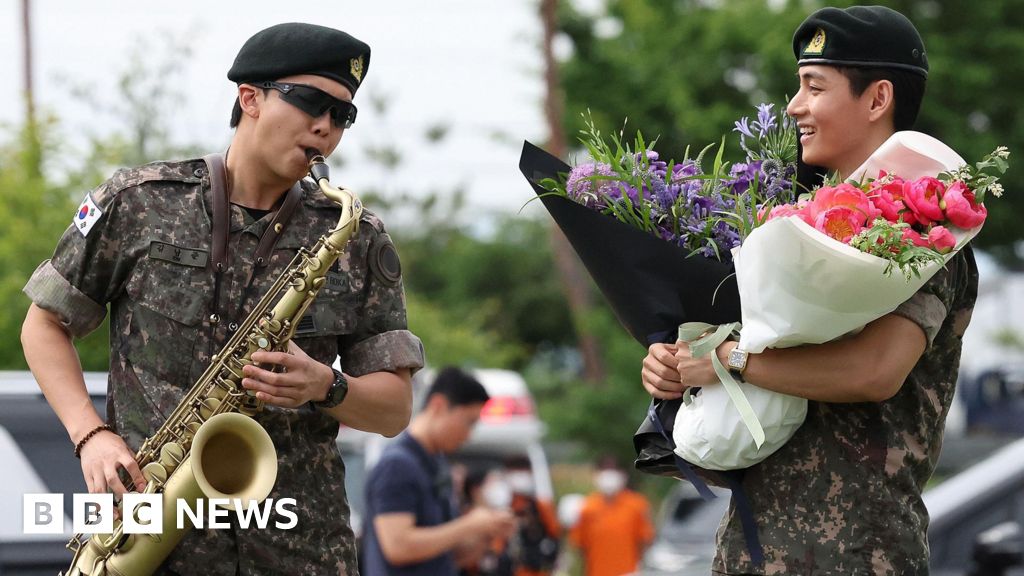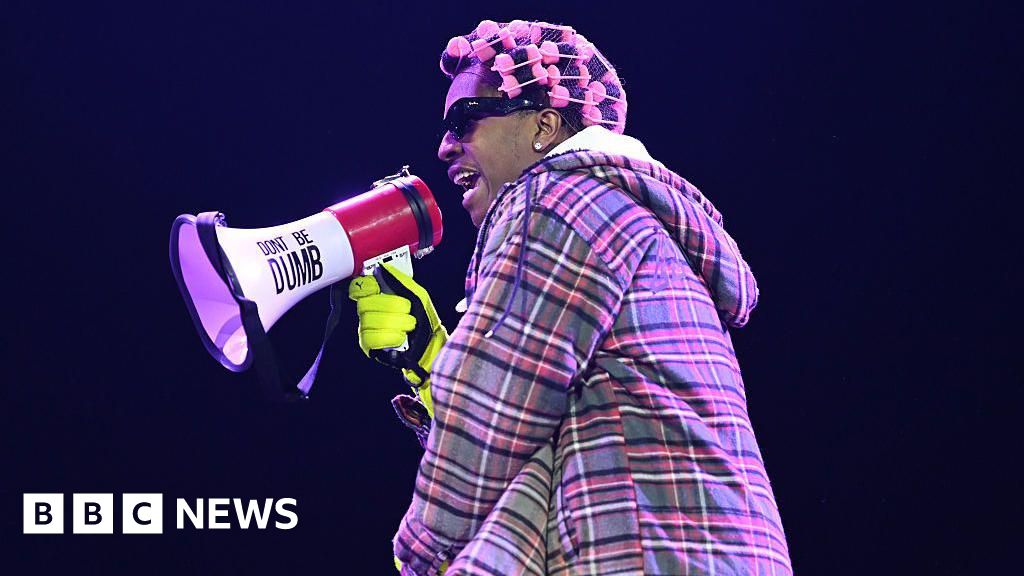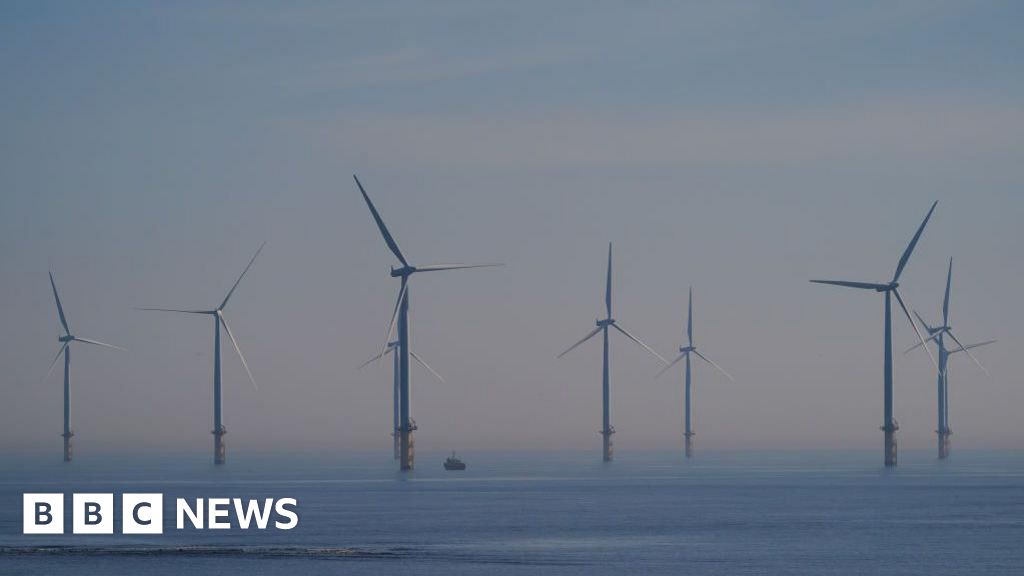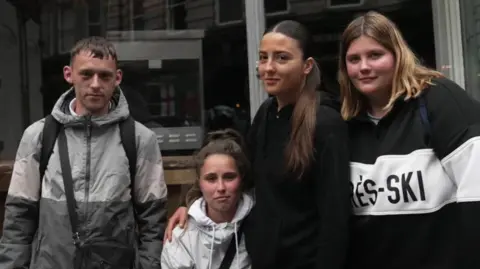 BBC
BBCBBC Newsbeat politics reporter Jordan Kenny has spent three weeks on a Race Across the UK to hear about the issues teenagers and people in their 20s want us to talk about during the general election.
From issues that affect all of us like the cost of living and the NHS to what people care about in their local area, here’s what Jordan learned on his zig-zagging journey around the country…
I’ve now spoken to hundreds of young people about how and why they’re voting, as well as why they aren’t.
Sometimes “young people” can be spoken about as one uniform group, but every single person I’ve met has a different story to tell.
Going from 18 to 24 years old is a period of change in most people’s lives. Some are heading off to uni, some are starting new careers. Others are moving into their own homes, forming relationships, having kids.
Our challenge has been to get a radio microphone from one end of the UK to the other, speaking to as many people as possible before polling day.
The catch? Newsbeat’s listeners had the chance to plot the route – telling us where they wanted us to go, and the topics which mattered to them.
After making it through 14 “checkpoints”, hundreds of miles and just about every mode of transport you can think of (yes, there were scooters), we are closing in on the finish line in the UK’s most northerly city, Inverness.
Wherever we’ve been, I’ve heard about issues specific to where people live, and ones they really care about.
- To hear from me on that final stop, listen back to Newsbeat’s broadcasts from 12:45 and 17:45 from Wednesday 3 July here.
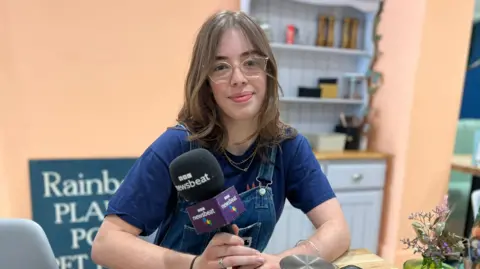
The first stop was Newquay, in Cornwall. Almost as far south and as far west as you can get in England.
People told me they are worried about sewage being pumped into the sea.
When we went to Newport, they’re wondering if all the empty shop units will ever be open again.
In Belfast, people feel like they don’t have the same opportunities they’d get if they lived elsewhere in the UK.
But no matter where we’ve been, some themes have come up again and again.
The cost of living, the NHS, housing.
When I think about the cost of living, Penelope, 21, from Bristol sticks out in my head.
She spoke to us between waiting tables at a café in the city.
Penelope told me that students in Bristol are working two, sometimes even three jobs in order to fund their degrees.
She said the rising cost of living means grants and loans don’t go far enough any more.
Penelope felt students are spending so much time working they’ve no free time left to study – leaving them with poor results come exam time.
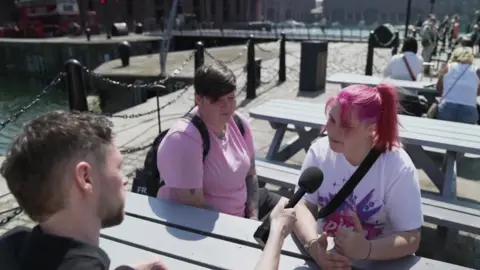
So a big priority for her is what help the different parties are promising to ease the financial burden on students.
When I think of the NHS, 23-year-old Niamh, from Bradford, is the first person who comes to mind.
She said she’s seen first-hand the impact on her brother and grandad of being stuck on waiting lists for treatment.
Niamh said she wants the next government to put more money into the health service and cut waiting lists.
On housing, 25-year-old Jamie tells me she’s never been able to leave her parents’ place in Newport because of the sheer expense involved in living alone.
But now, she said, rent prices are increasing so much, her parents are having to look at downsizing the family home.
It’s a sentiment shared by Finn, who spoke to me almost 450 miles away in St Andrews, Scotland, saying “it’s not realistic” for young people to think about owning their own home right now.
For lots of young people this year will be the first time they can vote in a general election, and plenty I spoke to said they were going to.
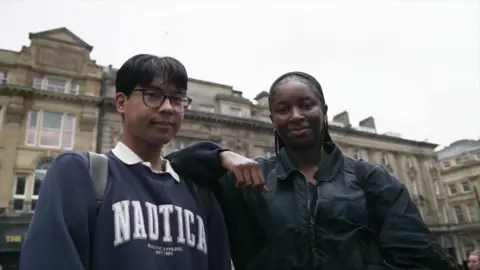
But at times it’s felt like, for every person passionate about casting a ballot, there’s someone equally as passionate about why they won’t be.
Someone like Kelly, who spoke to me in Bedford – or “Deadford”, as she called it.
She said she’d been watching her grandad vote for as long as she could remember, but “nothing ever changes”.
Kelly’s argument is that, if all those ballots he cast haven’t improved her life and the area she lives in, why should she bother?
While some are making a distinct choice not to vote, others aren’t doing it because, quite simply, they don’t know how.
Like Kyle, who is 21 and spoke to us at our checkpoint in Newcastle.
He said he had no idea how to cast a vote and told us he thought better education on the electoral system was needed if parties wanted more young people to get involved in elections.
It’s thought there are more than five million 18 to 24-year-olds living in the UK.
But politicians have struggled to get them into polling booths – in the 2019 general election barely half of them voted.
Compare that with more than 80% of over-75s.
Could anything change that?
When I think back on the past three weeks, I feel like I’ve seen a pretty broad picture of what it can mean to live as a young person in the UK in 2024.
And while the outcome of the election isn’t yet clear, one message has been.
Despite all the TikToks and memes during this campaign, many young people feel they aren’t being heard by politicians and that not enough effort is being made to get through to them.
Once the dust settles on what’s expected to be a hugely significant election, it will be interesting to see if young people felt moved to engage in the political process, many of them for the first time in their lives.


